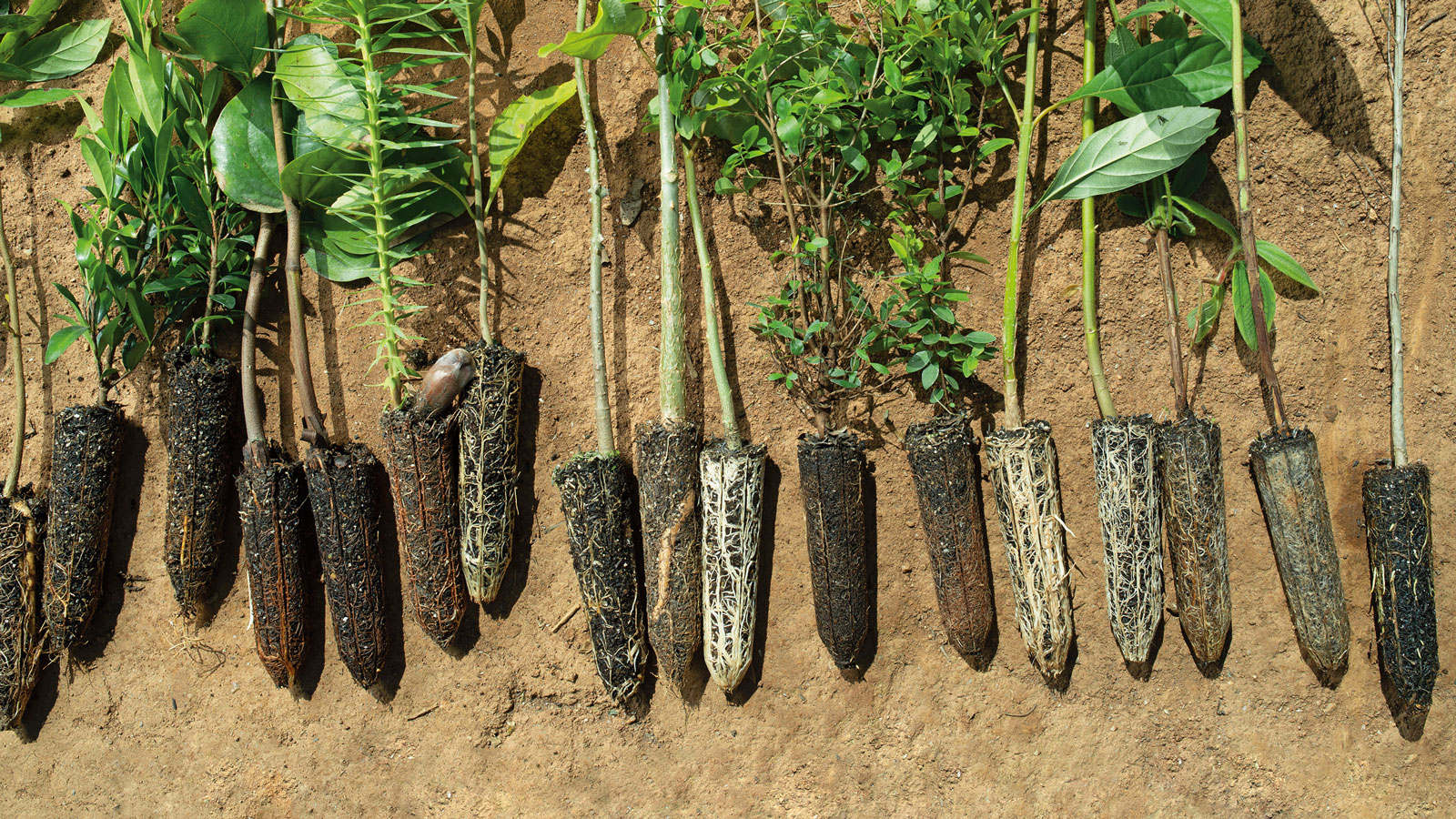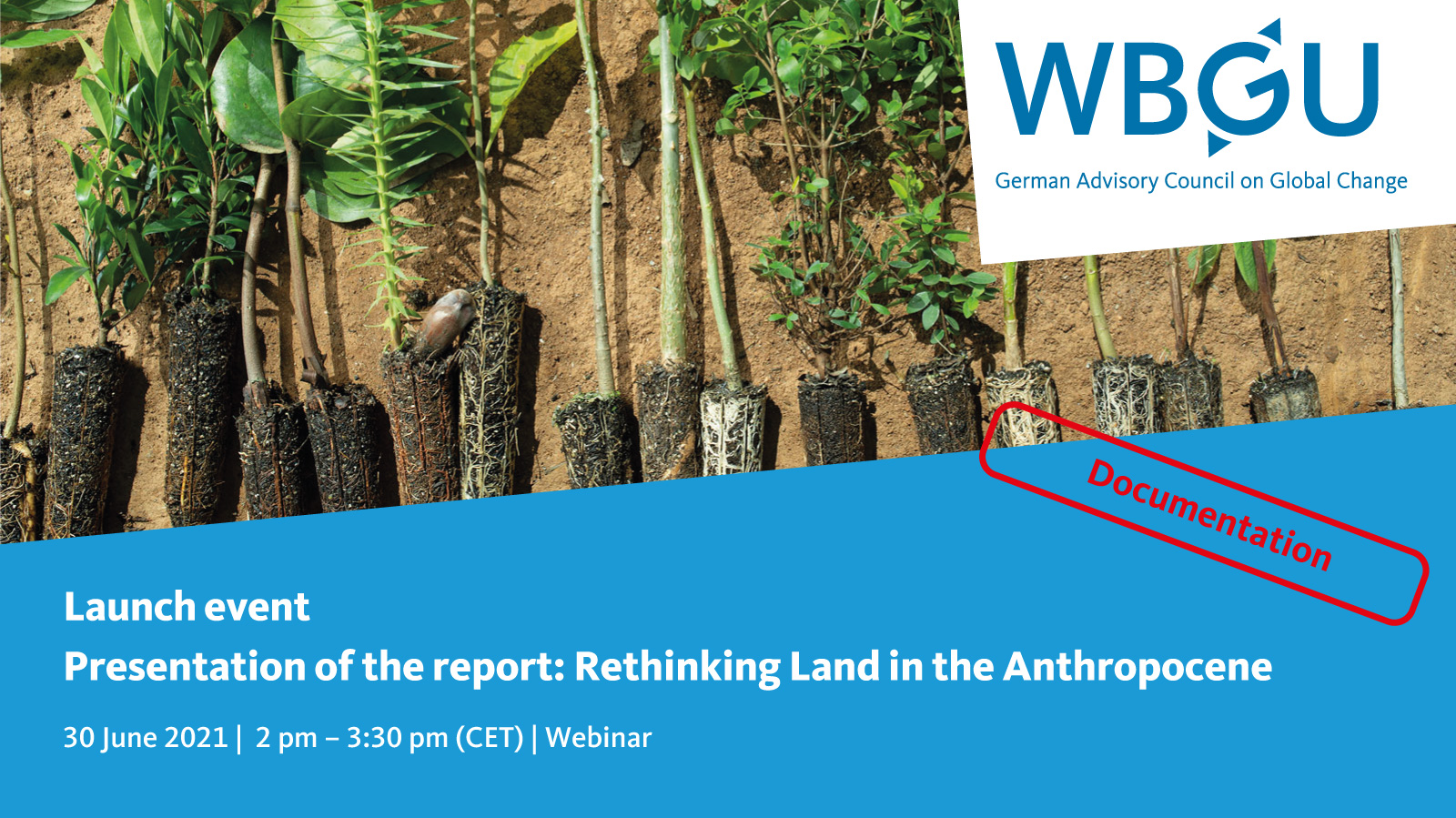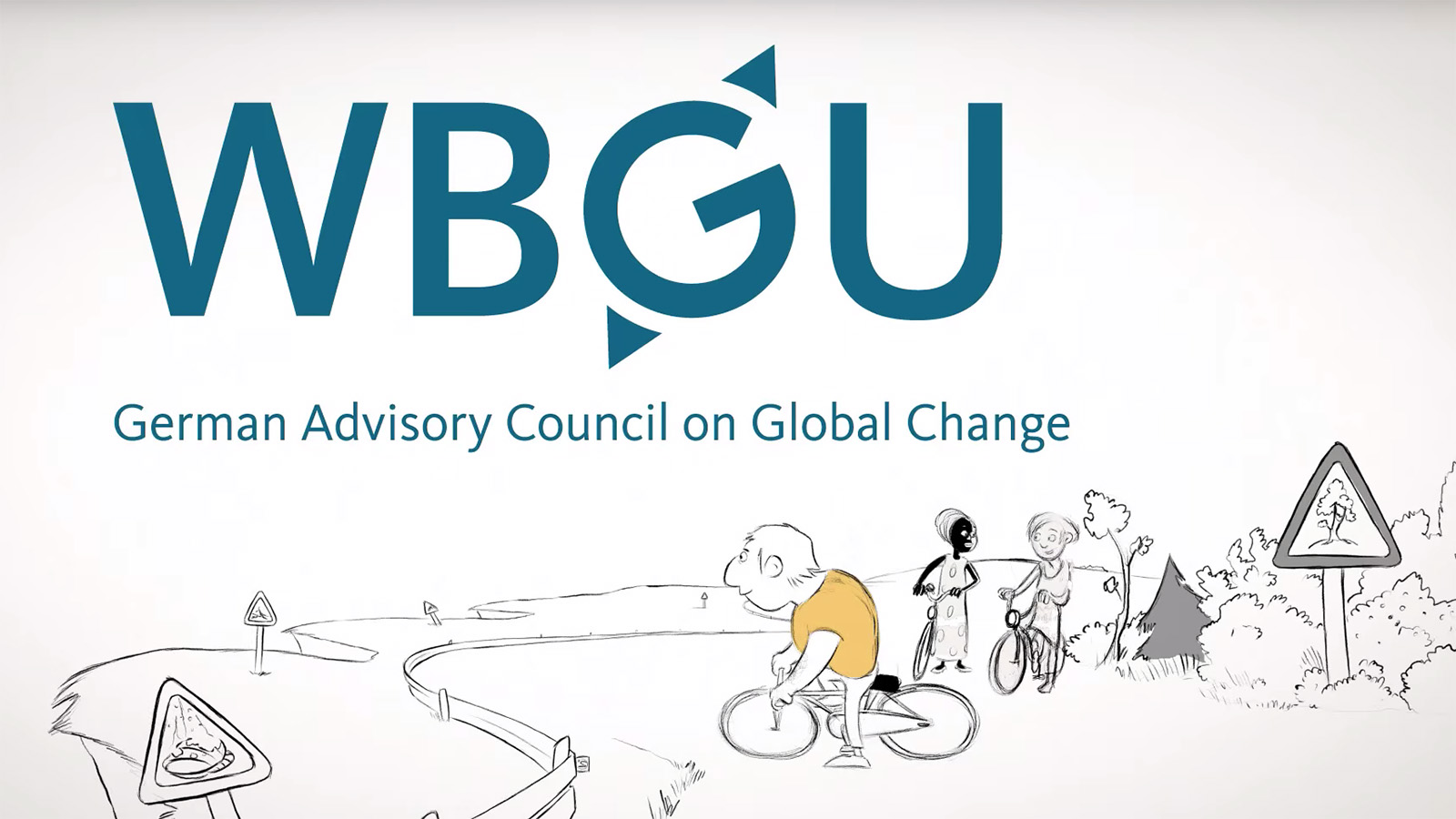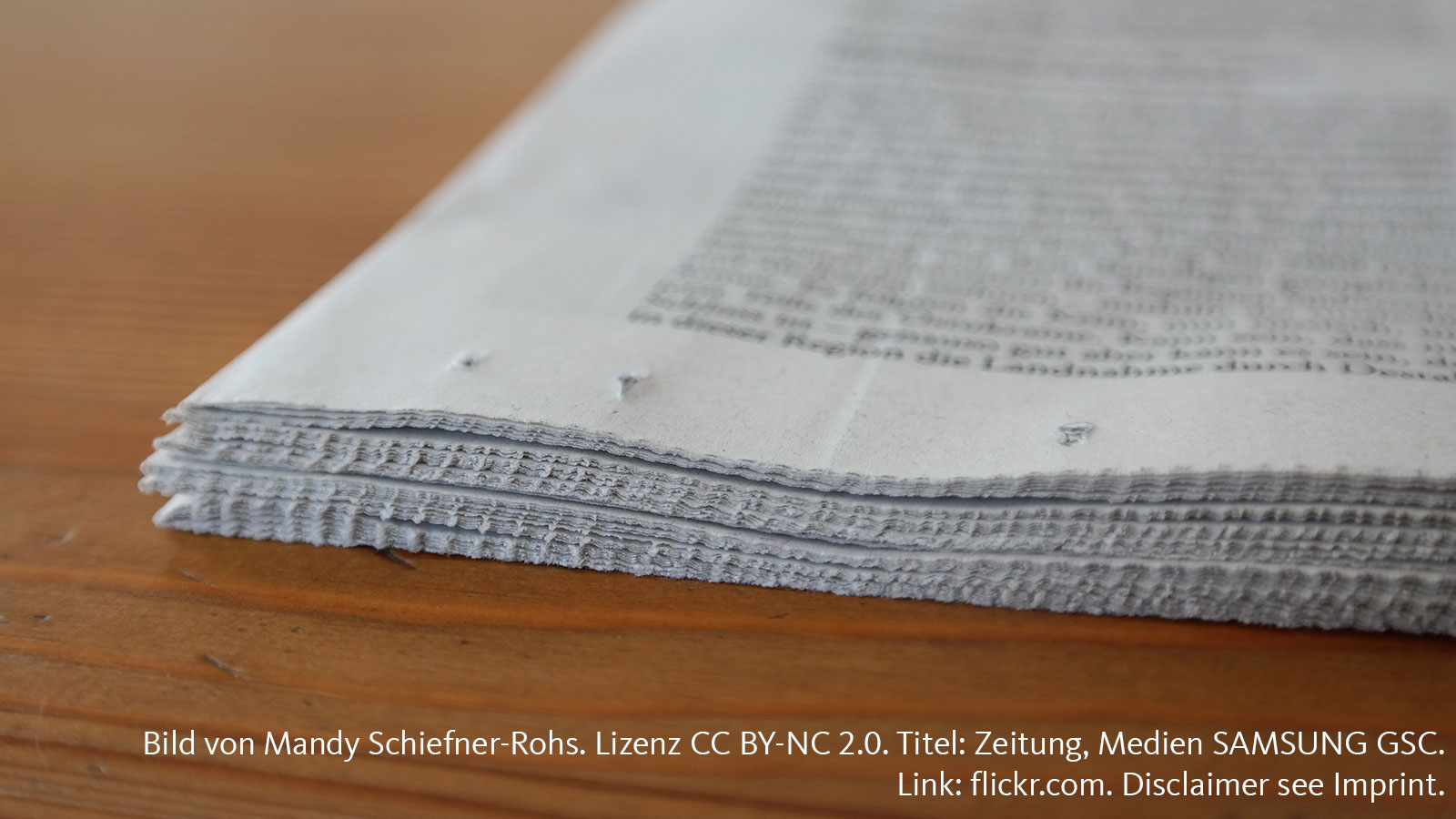
Healthy living on a healthy planet
Rethinking Land in the Anthropocene: from Separation to Integration
Towards our Common Digital Future
Launch event: Presentation of the report Rethinking Land in the Anthropocene
Human Power – The concept of planetary guard rails
WBGU in the media
Who We Are
Global sustainability is a key issue for the future. It is therefore also a scientific issue. The societal search processes aimed at reaching this goal require concepts that are independent of vested interests, methodologically systematic, and provide long-term projections. This is why the WBGU compiles scientific analyses, develops concepts, and proposes solutions for global sustainability. This is why our thinking is systemic, our work independent and interdisciplinary. This is why through dialogue with policy-makers, society and international organizations, we seek to uncover ways of achieving the Great Transformation.
Voices to Our Reports
Kristie L. Ebi, Professor, Center for Health and the Global Environment (CHanGE)
University of Washington, USA
Prof. Dr. Ilona Kickbusch, Director, Digital Transformation of Health LAB, University of Geneva; Founder, Global Health Centre, Graduate Institute, Geneva; Chair, World Health Summit
Ibrahim Thiaw, Executive Secretary der United Nations Convention to Combat Desertification (UNCCD)





